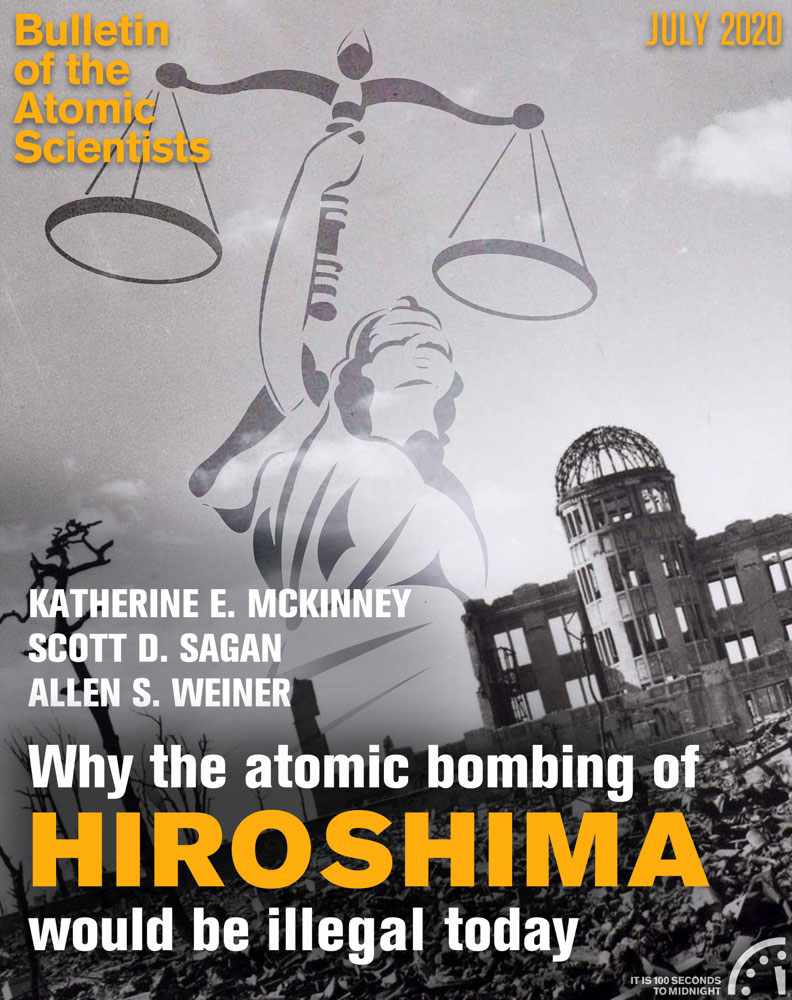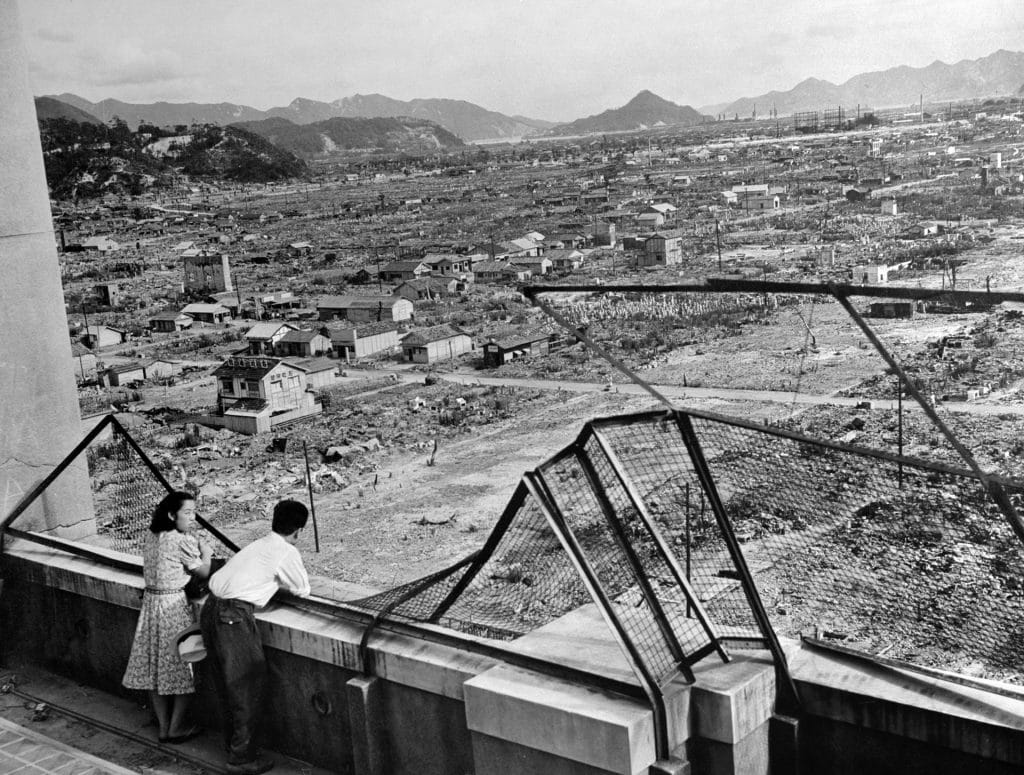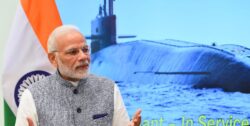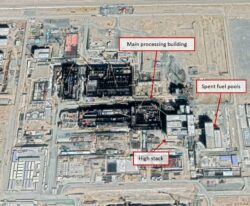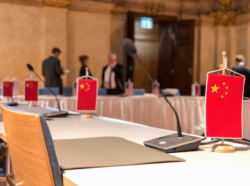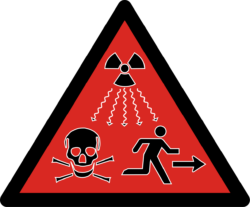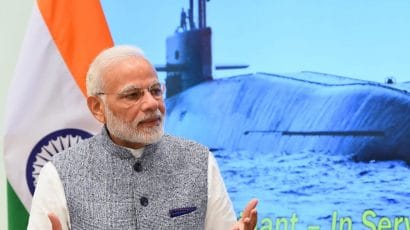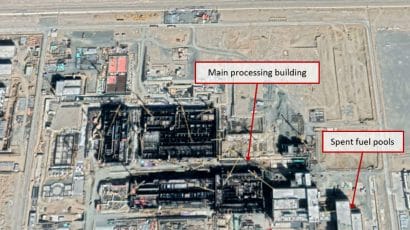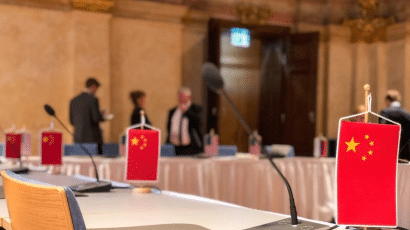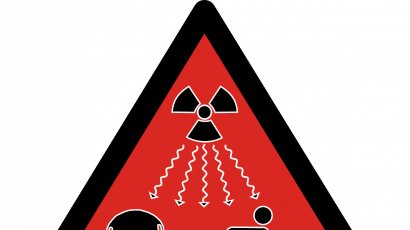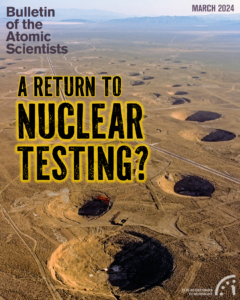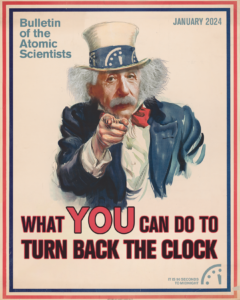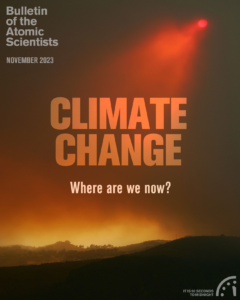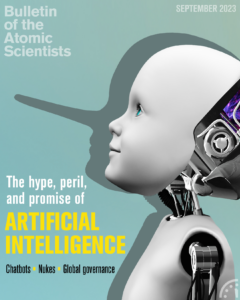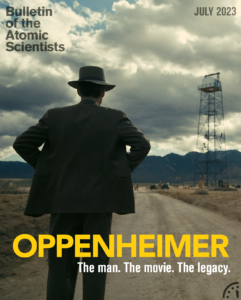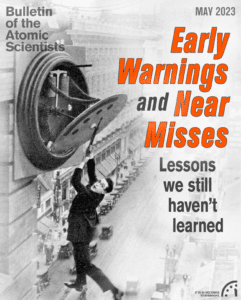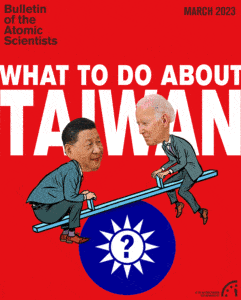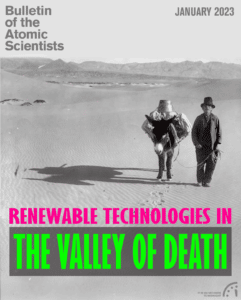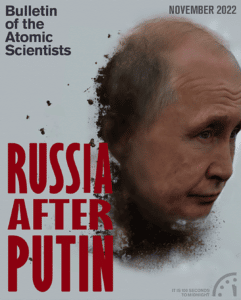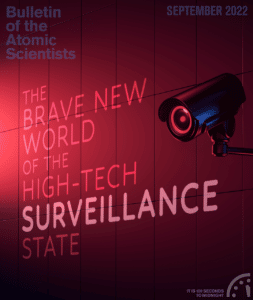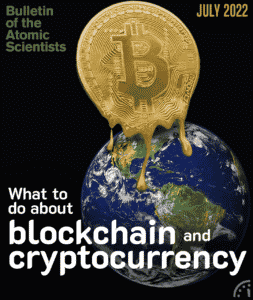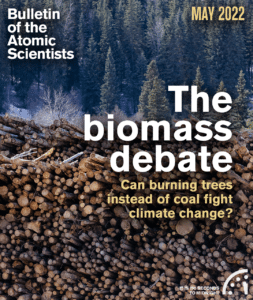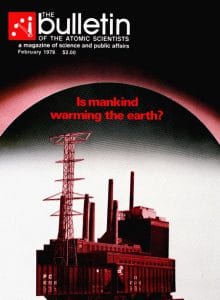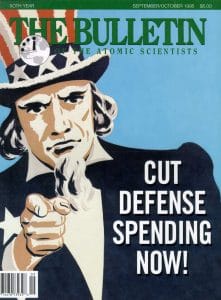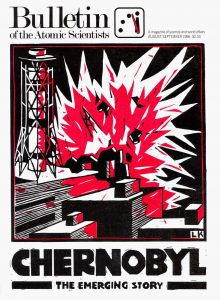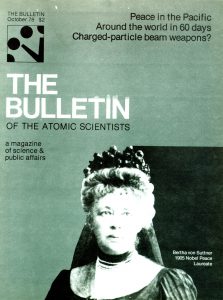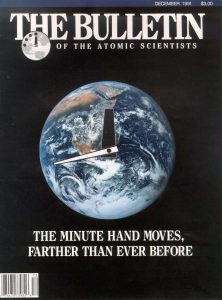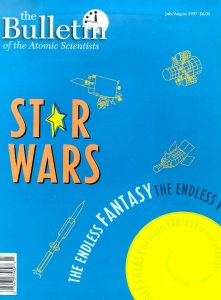DIGITAL MAGAZINE
July 2020
DIGITAL MAGAZINE
July 2020
Cover design by Thomas Gaulkin
Why the atomic bombing of Hiroshima would be illegal today
Nuclear Notebook: Indian nuclear forces, 2020
China is speeding up its plutonium recycling programs
A pandemic of bad science
“What about China?” and the threat to US–Russian nuclear arms control
Preventing the preventable: Strengthening international controls to thwart radiological terrorism
Assessing the US government response to the coronavirus
Nuclear Notebook: Indian nuclear forces, 2020
China is speeding up its plutonium recycling programs
A pandemic of bad science
“What about China?” and the threat to US–Russian nuclear arms control
Preventing the preventable: Strengthening international controls to thwart radiological terrorism
Assessing the US government response to the coronavirus
Cover design by Thomas Gaulkin
Subscribe now
We've relaunched the Bulletin's award-winning digital magazine. Get premium access for less than $5 a month.
Magazine archive

Premium subscribers can read the complete Bulletin of the Atomic Scientists’ archive, which contains every article published since our founding in 1945.
This archive was created in honor of John A. Simpson, one of the Bulletin’s principal founders and a longtime member of its Board of Sponsors. This searchable archive provides exclusive online access to original interviews and commentary by luminaries like Albert Einstein, J. Robert Oppenheimer, Ruth Adams, John F. Kennedy, Stephen Hawking, Christine Todd Whitman, US Secretary of Defense William J. Perry, and multiple Nobel laureates.
